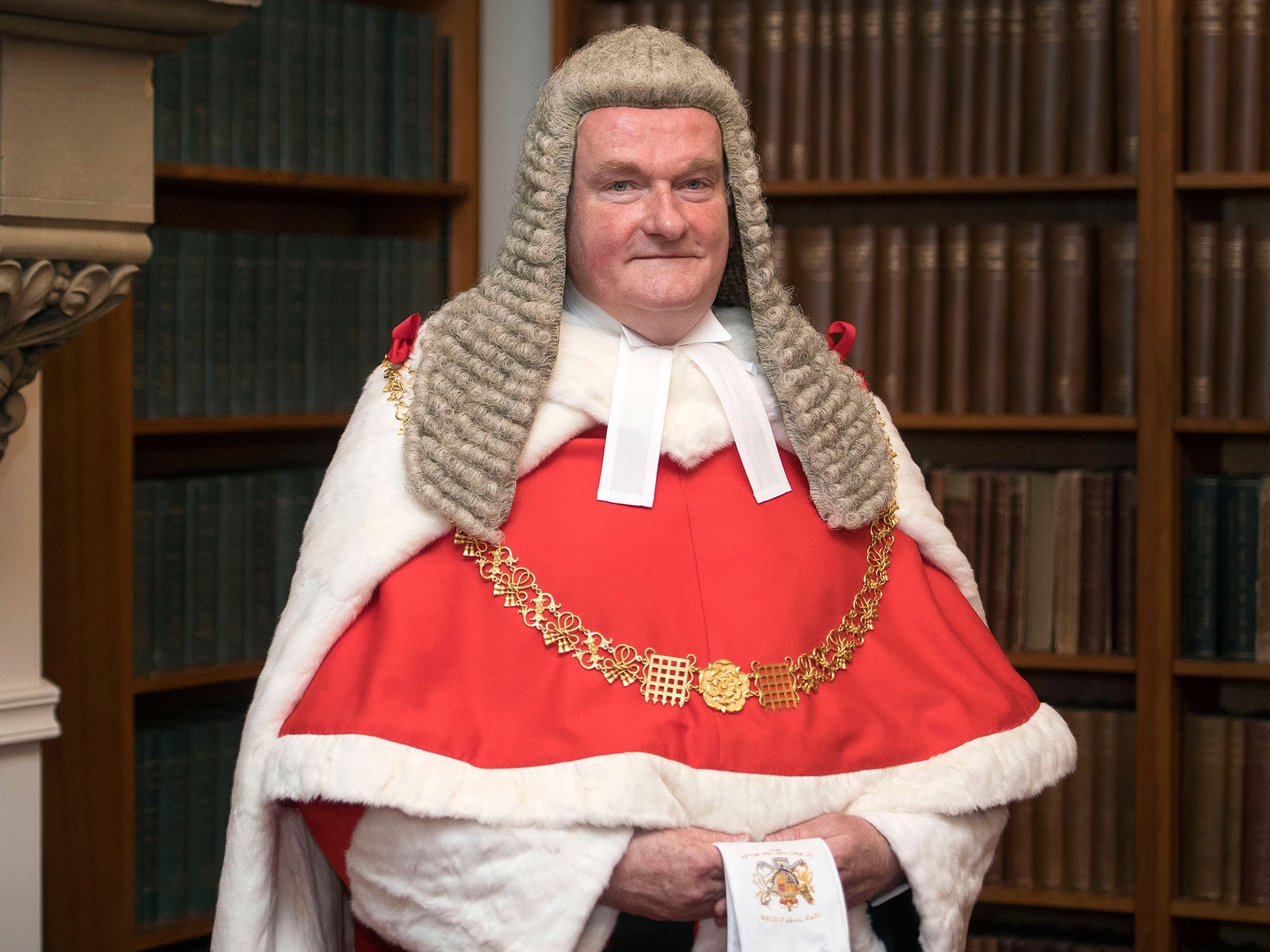Coronavirus: Juries could be cut from 12 members to seven to restart court trials amid mounting backlog
Lord chief justice says ‘radical measures’ are necessary with more than 37,400 cases waiting to be heard
Your support helps us to tell the story
From reproductive rights to climate change to Big Tech, The Independent is on the ground when the story is developing. Whether it's investigating the financials of Elon Musk's pro-Trump PAC or producing our latest documentary, 'The A Word', which shines a light on the American women fighting for reproductive rights, we know how important it is to parse out the facts from the messaging.
At such a critical moment in US history, we need reporters on the ground. Your donation allows us to keep sending journalists to speak to both sides of the story.
The Independent is trusted by Americans across the entire political spectrum. And unlike many other quality news outlets, we choose not to lock Americans out of our reporting and analysis with paywalls. We believe quality journalism should be available to everyone, paid for by those who can afford it.
Your support makes all the difference.Seven jurors rather than the normal 12 could decide guilt or innocence in court trials as part of “radical” proposals to clear a mounting backlog of cases.
The lord chief justice and the justice secretary have publicly supported the change, which was also made during the Second World War.
Remote jury trials, where evidence is heard over video link, are also being piloted and officials are considering moving to larger venues or spreading through several courtrooms to enable social distancing.
Jury trials were stopped on 23 March as Boris Johnson announced the UK lockdown and judges, lawyers and civil servants are now discussing ways to restart them as quickly as possible.
More than 37,400 crown court cases were waiting to be heard by the end of last year, and that number is growing rapidly amid warnings that victims may drop out of delayed proceedings.
It comes after the prosecution rate in England and Wales – at just 7 per cent of reported crimes – hit a record low.
The lord chief justice, who is the most senior judge in England and Wales, said “radical measures” were necessary.
“I would support a move in those circumstances to reduce the number of jurors needed for a trial,” Lord Burnett told BBC Radio 4’s Today programme.
“Plainly it would be easier to ensure a safe trial for everybody with social distancing and other precautions if the number of people involved in a trial was reduced by a few.”
Ordinarily, 12 jurors sit in trials in England, Wales and Northern Ireland, and 15 in Scotland.
During the Second World War, numbers were reduced to seven, except in cases of treason or murder.

The justice secretary said he was considering the creation of new laws to make the change, but that it would take time.
Speaking to parliament’s Joint Committee on Human Rights last week, Robert Buckland said the current trial process is “predicated upon the presence of people together in a room”.
“The proximity of people in that court is in direct contradiction to social-distancing rules and the restrictions we have placed on society in general,” he added.
“Despite huge efforts, the system is facing huge challenges and there is a growing backlog of trials that need to be resolved.”
Mr Buckland said that remote jury trials were being piloted by the Justice charity, and that barristers had measured courtrooms to work out their socially distanced capacity.
“I think the concept of what happened in the Second World War [reducing jury numbers] is one that is worth serious consideration,” he added.
The Scottish government initially proposed holding criminal trials without juries, with guilt or innocence decided by a judge or sheriff instead, but the plans were dropped from its emergency coronavirus legislation amid widespread opposition.
The Westminster government has not made similar proposals in England and Wales, where legal associations vowed to fight “any effort to curtail this fundamental right”.
“I’m a great believer in the jury system and I will do everything that I can do to preserve it,” Mr Buckland said. “The key thing for me is seeing how quickly we can get jury trials back and running.”
A working group has been established to consider ways to restart some jury trials, which includes representatives from the Crown Prosecution Service (CPS), solicitors and barristers’ associations, the Ministry of Justice, police and probation.
Lord Burnett said the use of “very large courtrooms” or other “big venues”, such as university lecture halls, was also being considered.
Parties could also be spread through a number of courtrooms, for example by putting jurors, counsel, the judge and witnesses in one and the press and public in another.
But around half of the court buildings in England and Wales are currently closed, and those still operating are hearing urgent cases only.
Rules have been relaxed to allow more hearings to take place over video link, and for legal discussions to happen remotely.
The CPS has issued updated guidance that aims to ease pressure on the system, by requiring prosecutors to consider the circumstances of the coronavirus outbreak when deciding to take a case to court.
It means that some criminals could be punished using fines, cautions or other out-of-court disposals, or have the cases against them dropped.
According to provisional police figures, overall recorded crime also fell by 28 per cent during the first weeks of lockdown.
